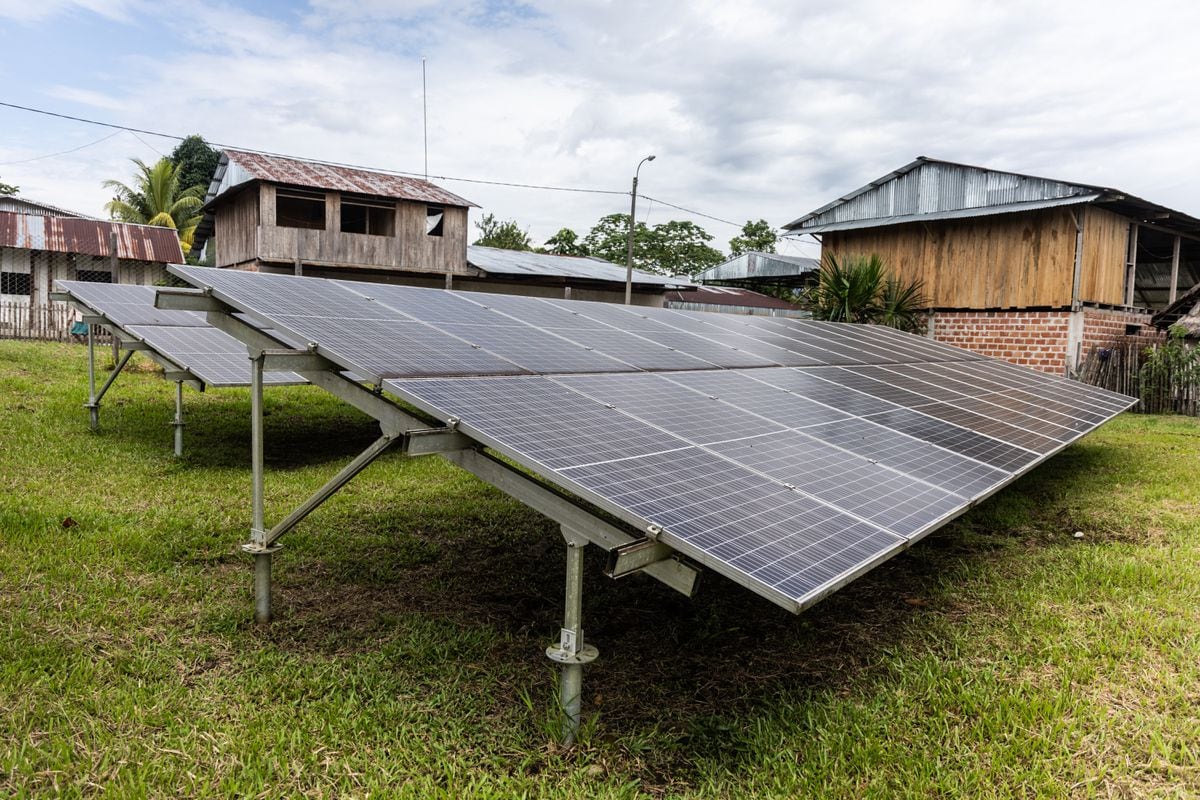Icon: enlarge
Change of course under the sign of the pandemic: SPD leadership trio Walter-Borjans, Scholz, Esken (from left)
Photo: F. Boillot / imago images / snapshot
When the last SPD Chancellor, Gerhard Schröder, set about rebuilding the German welfare state around 20 years ago, one motto could hardly be escaped: Support and challenge.
At that time, the demand referred primarily to the employees, who were asked to pay significantly more than before in the course of the Hartz reforms.
A lot is also demanded in the new election program that Chancellor candidate Olaf Scholz presented on Monday with party leaders Saskia Esken and Norbert Walter-Borjans.
The focus now is on demands for higher government spending and minimum wages, which the party wants to finance through higher taxes for the wealthy, among other things.
Like the candidate Scholz, the program is far from left-wing extremism.
Nevertheless, in various places it marks a departure from the previous middle course in the seemingly everlasting grand coalition with the Union, and even more so from the unpopular image of the Schröder years.
Promote: The future social policy
This is most clearly marked by a step with high symbolic power: the replacement of Hartz IV by a so-called
citizen's money
.
The previous system of basic security would not be abolished, but it would be clearly readjusted: Funding as much as possible, demanding as little as necessary.
The SPD - at that time still headed by Andrea Nahles - had already presented the concept for this two years ago.
The
standard rate is to
increase by reforming its previously extremely rigid calculation based on the "experiences of those affected and social associations";
"a broken washing machine or a new winter jacket" should not "become an unbearable burden".
In the
first two years
of basic security, there should be a closed
period for property and housing
- in combination with a right to qualification in the new "
unemployment benefit Q
", this would mean for many employees that they would not be unemployed after one, but only after five years of unemployment hard crash to the well-known Hartz level threatens.
Sanctions
should not be abolished in general, but limited to the really tough cases.
The SPD wants to turn away from Hartz IV above all in its
attitude towards the recipients
: They should continue to come out of need through their own gainful employment, but not through "requirements and coercion", but "empowerment and reinforcement".
Instead of the previous integration agreements - de facto the job center specifications for the needy - there should be "joint participation agreements drawn up on an equal footing".
This eye-level should also be achieved through understandable notices and uncomplicated digital applications - and with the help of service points that guide people through the labyrinth of many and overlapping social benefits.
However, this "citizen's benefit" system should not play a role for children.
Instead, it is a
children's basic security
pass for all: it should not only replace social benefits such as the basic allowance and child benefit - but the entire existing system of child benefits and allowances.
That would reverse the distributional effect: So far, families with high incomes have saved significantly more taxes with the child allowance than the current EUR 219 per month in child benefit.
In fact, rich parents benefit more than poorer ones.
In the future, however, the SPD wants
to pay
high earners a
basic amount of 250 euros
per child, but this increases the lower the family's income.
The
maximum amount should then be 528 euros
per child.
In addition, the SPD promises free day-care centers, free buses and trains for all children and a "social infrastructure for young people".
The SPD also wants to move significantly away from Schröder's course of deregulation on the labor market: the
minimum wage
is to be
increased
to
twelve euros
first
and the minimum wage commission is then given greater leeway for future increases.
Mini-jobs
are to be abolished, with the exception of pensioners, for employees with a monthly wage of up to 1,600 euros instead of the previous 1,300 euros, the SPD wants to relieve pension contributions.
In the future, there should be
pension insurance for everyone
- including the self-employed, members of parliament and civil servants.
The SPD assures the latter, however, that they will not receive less money than before.
Demand: The financing concept
But how does the SPD intend to finance its many promises to the welfare state?
Not least by
saying goodbye to the black zero
.
According to the election manifesto, the party will "use the constitutionally possible leeway for borrowing."
This is not entirely surprising in view of the corona crisis, because of which the state has already borrowed a record amount.
On the other hand, four years ago the party wanted to get along completely "without new debts".
As the newly appointed finance minister, Scholz called for a "very long phase in which we do not incur any new debts."
In the slipstream of the pandemic, a change of course was initiated.
The state should also take in more money.
To this end, the party is relying on a means that was missing in the program before the last election: the
wealth tax
.
This should amount to one percent and be levied on "very high assets".
Since this sum is not defined in more detail, nothing can be said about the expected volume so far.
Because of the cost of collecting wealth, the tax is considered inefficient.
Its survey was overturned by the Constitutional Court in 1997 for purely formal reasons - in this respect, reintroduction could be well justified.
More could be obtained from
inheritance tax
, where the SPD would like to end the "overprivileged large business assets."
In return for other heirs, entrepreneurs can pass on their companies largely or completely tax-free, subject to certain conditions.
The last reform in 2016, which the grand coalition implemented under pressure from the Federal Constitutional Court, did little to change this.
The SPD also wants to gain more access to top earners: they want to use the "top five percent more to finance important public tasks" and, in return, improve their position for small and medium incomes, according to the election manifesto.
Specifically, this means, for example, that the so-called
tax on the rich
will rise
from 45 to 48 percent
and in future apply to single people from 250,000 euros and married people from 500,000 euros.
This demand was already in the last election manifesto - as was the
abolition of the splitting of spouses.
The income tax calculation method gives preference to married couples and often makes full-time employment less attractive to the spouse.
This "no longer depicts social reality," which is why tax law is to be geared more towards partnership, it says in the program.
With the last coalition agreement, however, most tax policy projects were shelved - the differences of opinion with the Union are too great.
It should be similar if the SPD ends up in a grand coalition again.
In this case, the least would be left of the SPD plans for labor and social policy.
In the case of a traffic light coalition or a red-red-green alliance, on the other hand, the chances are increased that the SPD will not only move to the left on paper.
This prospect is enough to put parts of the employer lobby on high alert.
The New Social Market Economy initiative, financed by the metal and electronics industry, mocked the SPD program under a picture of Chancellor candidate and party leader Saskia Esken as “pride and prejudice” and asked admonishingly: “Is there a longing for a left profile with the right to participate in government? connect?"
Icon: The mirror








